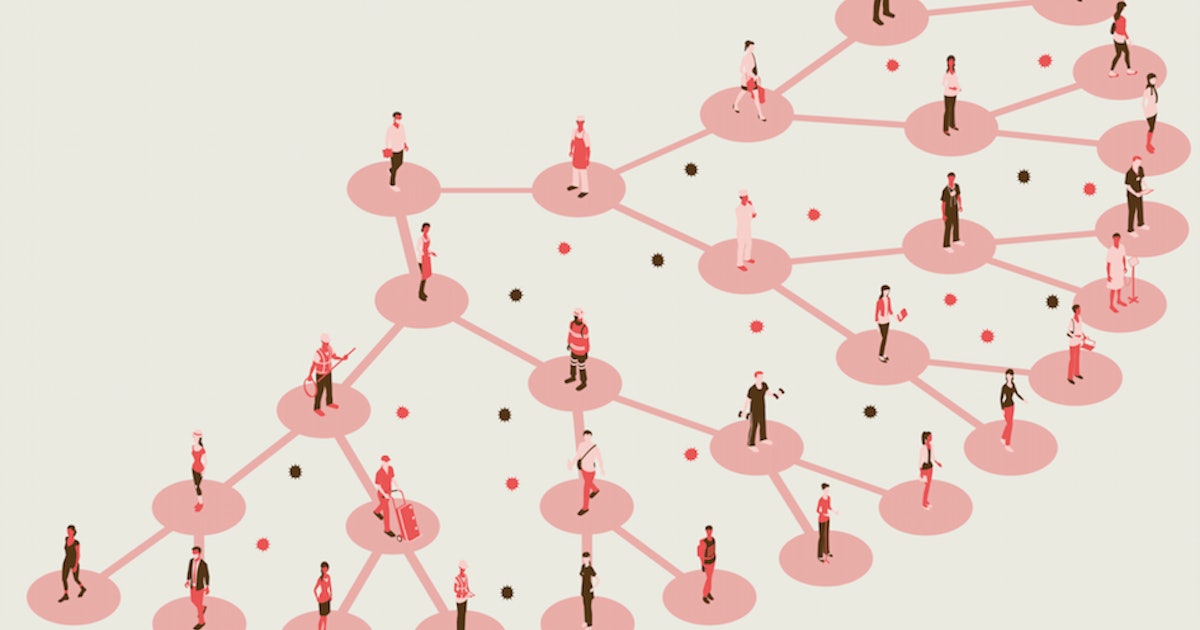Update to the vaccine timeline outline in red.
In this update: Pfizer's updated timeline...
Reading about the status of various vaccines have left me confused as to which vaccines are which and where they are in development and who's saying what about how far along they are. So, I made an outline...
Monderna/NIH
Type: mRNA (requires ultra-cold storage, -20C, and 2 doses)
Warp Speed: $2.5B, for 100M doses
Phase 3: Started Jul 27, 30K people, enrollment completes in September
Earliest according to CDC: “Vaccine B” – local health departments, prepare for Oct (just in case, if all goes very well). Late Oct or Nov. 1M doses by Oct, 10M by Nov, 15M by Dec.
Earliest according to manufacturer: by the end of 2020. It's *possible* that interim results in November can lead to Federal emergency use approval in December, otherwise, beginning of 2021.
Biontech/Pfizer/Fosun
Type: mRNA (requires ultra-cold storage, -70C, and 2 doses)
Phase 3: Started Jul 27, 30K people
Warp Speed:
- $1.9B for 100M doses (by Dec?)
- Though Warp Speed will pay for the vaccine and the CDC will guide distribution, Pfizer has not accepted any money in advance and they have set up their own distribution operations
Earliest according to CDC:
- “Vaccine A” – local health departments,
prepare for Oct (just in case, if all goes very well).
- Late Oct or Nov.
- 2M doses by end of Oct, 10-20M doses by Nov, 20-30M dosed by Dec.
Earliest according to manufacturer:
Regulatory review in Oct. which could theoretically lead to early end of Phase 3.Now, not going to happen until Thanksgiving the earliest.- Likely to get the governmental review before Thanksgiving which will show 90% effectiveness and completely safe (on the populations they tested)
Type: altered chimp adenovirus
Warp Speed: $1.2B
Phase 3: in progress, recently started, study paused due to unexplained illness. Restarted in Europe, still on hold in the US. Restarted in the U.S. too.
Earliest according to CDC: Doses can be delivered by Oct.
Earliest according to manufacturer: Doses available by the end of 2020.
Johnson & Johnson / Beth Israel
Type: altered adenovirus (the one they used for an Ebola vaccine) [1 dose, only refrigeration to store]
Warp Speed: $456M (+$1B if proven successful for 100M doses)
Phase 3: just started, but will use a much larger test group (60k people), could be done by the end of 2020, enrollment now on a temporary pause due to one subject's unexplained illness. Enrollment restarted (the illness was in the placebo group).
Earliest according to CDC: Nothing from CDC yet about this vaccine.
Earliest according to manufacturer: Beginning of 2021. Plan to make a billion doses.
Novavax
Type: sticking proteins on microscopic particles
Warp Speed: $1.6B
Phase 3: just started, could be done by the beginning of 2021
Earliest according to CDC: Nothing from CDC yet about this vaccine.
Earliest according to manufacturer: Plan to make 100M doses by 1st Q of 2021.
Phase 3:
Final phase of trials. A large number of people are given either the vaccine or placebo, double blind
Wait to see if there are negative reactions to the vaccine. If there are, vaccine is scrubbed.
Wait to see how much more the vaccinated group is protected compared to the placebo. To be effective, people should be at least 50% more protected.
If early results show extraordinarily good results, then this Phase can end early, because it would be unethical to leave those who received the placebo to be unprotected by an effective vaccine – this is what leads to an “October vaccine,” which, is only a result of extraordinarily good results.
An independent review board evaluates the effectiveness. The FDA will not approve (or, is not supposed to approve) a vaccine without the board's go-ahead.
In addition to governmental approval (or "fast-tracking"), the manufacturers themselves can decide not to release the vaccine until what they consider are appropriate evaluations are made. And, in fact, have pledged to "follow the science" and not release the vaccine until large trials and the science show that it is both safe and effective.
In short, as Dr. Fauci has said, an October vaccine is not impossible, just very unlikely... and unlikely it was.


